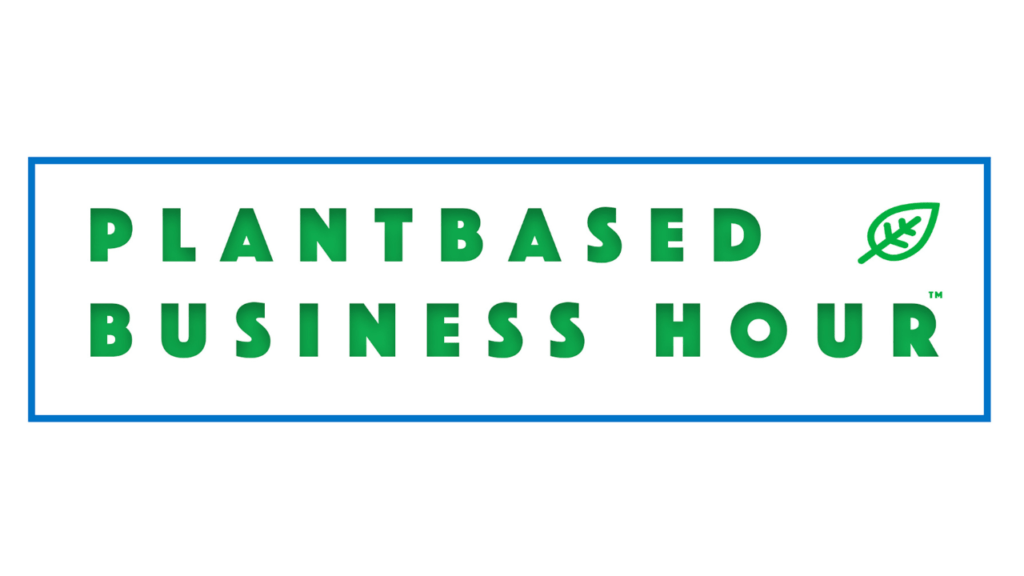
Thomas Hohne-Sparborth, Head of Sustainability Research at Lombard Odier Investment Managers in Switzerland joins the Plantbased Business Hour with Elysabeth Alfano. We discuss who pays for and who benefits from food systems transformation. From the farmer to the investor and everyone in between, we cover the investment thesis for investing in food systems transformation for environmentalists, capitalists as those are one in the same!
Specifically, we discussed
- What is Lombard Odier and why do you focus on investments in natural resources as a strategy?
- What do we mean when we say global food systems transformation? How can investors benefit from this?
- How do you envision financing the food systems transformation? In what time frame?
- Are your clients on board? Who is driving the growth behind the global funding?
Below is a highlight clip and transcription from our long-form conversation.
But again just to underscore this point for those who maybe haven’t been investing in commodities agriculture or ag tech in the past, so they might not make the connection that there’s an economic transformation accompanying climate change and the changes in our planet. Can you make that case for people so they understand why economics and our economy would be shifted due to, let’s say, climate change?
Thomas Hohne-Sparborth: Of course. Look, if you look at our major systems today, if you look at the energy system, $10 trillion in value, the food system, around $15 trillion, the material system, $5 trillion, all of those today are undergoing pretty profound transformations. Partially because we’re simply developing new solutions that deliver on the same basic utility functions of those systems in a better way. We’re developing better ways to provide ourselves with energy. We’re developing better ways of providing nutrients. We’re providing better materials.
We’re seeing breakthrough technologies that are more environmentally efficient, but they’re usually more environmentally efficient because they’re more resource efficient. They use less resources in terms of fossil fuels or land and water and whenever you’re more resource efficient, you tend to be more economically efficient, and that creates an investment case for some of these solutions. They tend to require upfront capex deployment, but tend to give you opaque savings and that makes them attractive to us.
Elysabeth: I would say in this particular case, it’s twofold. So one might say, “Oh, there’s more efficiency in going from the horse and buggy to the car. Therefore, there’s an opportunity for wealth growth.” We talk about it a lot on this podcast. You’re not seeing real wealth creation because a company increased their revenue by 3%. You’re seeing wealth creation because you’ve had an enormous secular trend switching over from, let’s say, developing your film- it’s something we have in the United States called Walgreens, where it might take five days to get your film and then 50% of the pictures are no good and you’ve paid for all of it and upgrading to, let’s say, a digital film system.
But those examples are optional. Nothing was going to happen if we kept paying for bad photos, whereas we’re not in a situation that is optional today. So as we go from 8 billion people on the planet to 10 billion people, but you’re not getting more land and you’re not getting more water, if you have a food system that is inefficient, it’s not just an economic model that we can participate in to capitalize on being more efficient. It’s that you’re going to start having severe political problems, insecurity, and wars. I do believe wars will be fought over food and water. So we find ourselves in a bind, not just to innovate, but to innovate quickly.

New episodes are out every week. Never miss the Plantbased Business Hour or Minute. Subscribe on iTunes and Youtube, and sign up for the newsletter. Follow Elysabeth on Linkedin. For information on Plant Powered Consulting, click here.



